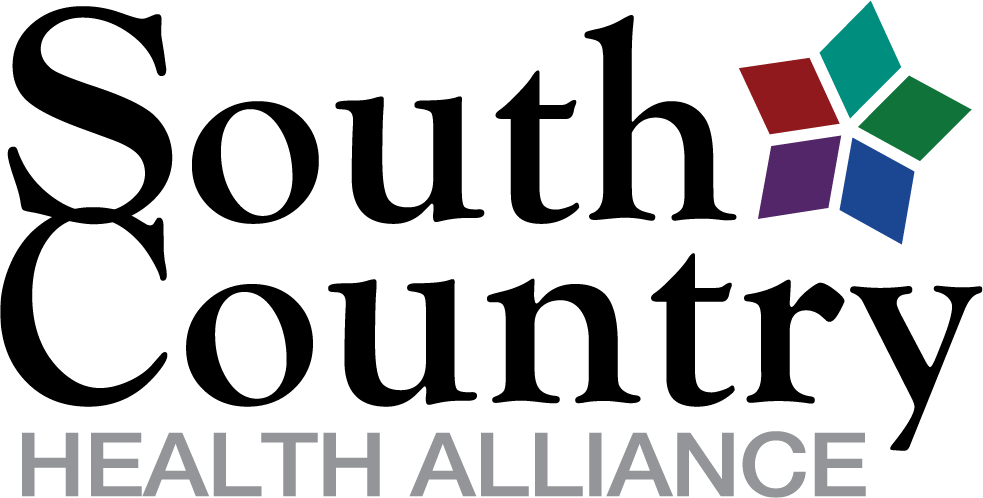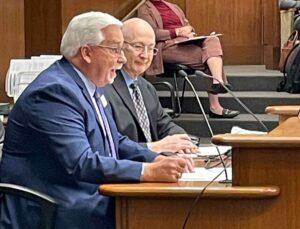MEDFORD, Minn., March 11, 2024 – Steele County Commissioner and South Country Health Alliance Board Member Greg Krueger testified last week in support of the County-Administered Rural Medical Assistance (CARMA) bill legislation (HF 3533) before the House Health Finance and Policy Committee. The bill’s chief author is Rep. Peter Fischer.
South Country Health Alliance is a county-based purchasing health plan owned by eight rural Minnesota counties that serves Minnesota Health Care Program enrollees.
“This bill seeks legislative direction and authorization, and it requires the Commissioner to work in collaboration with counties to develop details of the rural-focused County-Administered Rural Medical Assistance model and bring back a detailed implementation plan to the legislature in 2025 along with model legislation,” Krueger said. “This is an important step toward innovation to improve and strengthen the county-based model to further integrate and expand the common goals of better health and well-being of all our public program enrollees with county public health and social services, to address social determinants of health and deliver better and longer lasting care outcomes.”
“South Country will continue to be a fierce advocate for health and well-being of rural Minnesotans,” said Leota Lind, South Country’s CEO. “The CARMA bill will help us advance the efforts of county-based purchasing health plans in serving public program recipients even more. We look forward to continued collaboration with the Minnesota Department of Human Services, other county-based purchasing health plans and the Association of Minnesota Counties to develop the details of the CARMA model.”
The bill was laid over for probable inclusion in the Health Finance and Policy omnibus bill.

